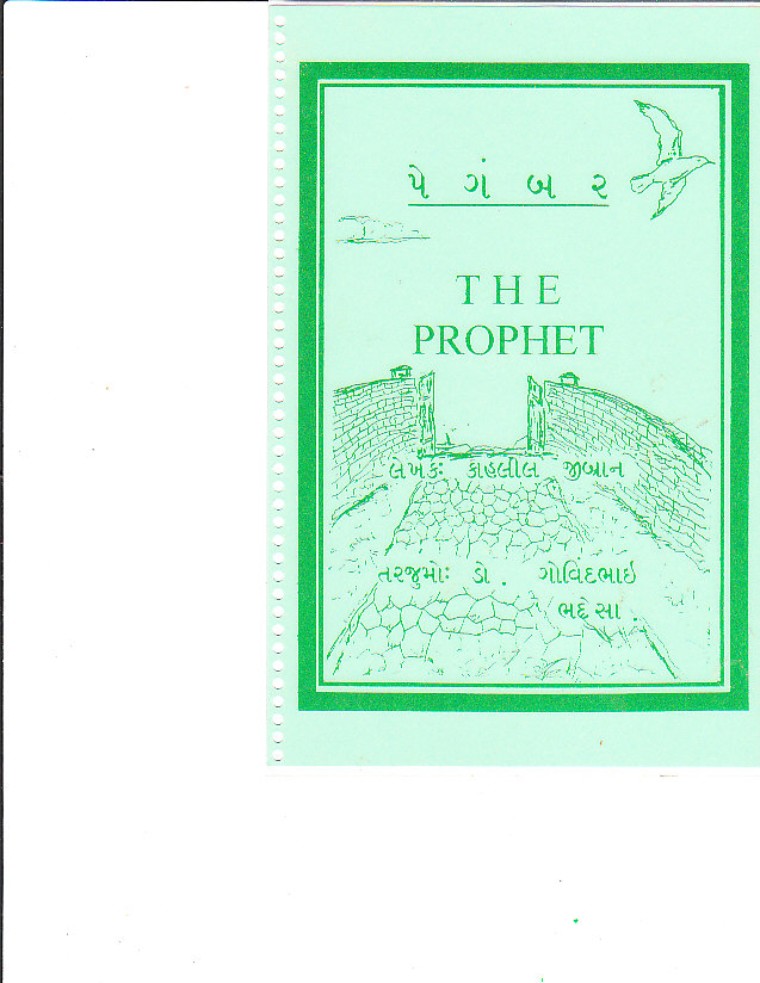
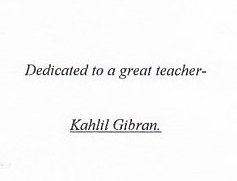
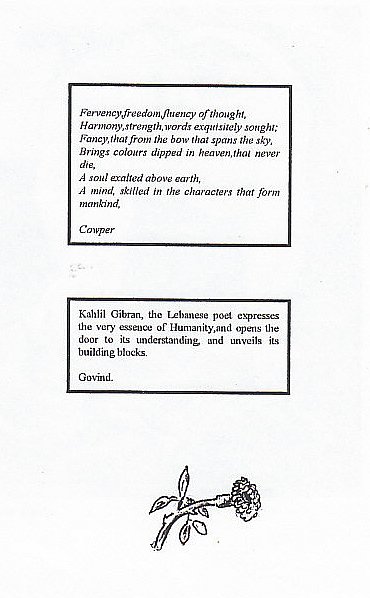
Almustafa, The chosen and the beloved, who was a dawn unto his own day, had waited twelve years in the city of Orphales for his ship that was to come and take him back to the isle of his birth. And on the twelfth year, on the seventh day of Ailool, the month of reaping, he climbed the hill beyond its walls, and he looked seaward, and beheld his ship coming in the mist: then the gates of his heart were flung open, and his joy flew far over the sea. He closed his eyes and prayed in the silences of its soul
But as he descended the hill, a sadness came upon him, and he thought in his heart:
How shall I go in peace and without sorrow, Nay, without a wound in the spirit shall I leave the city.
Long were the days of pain I have spent within its walls, and long were the nights of aloneness, and who can depart from his pain and aloneness without regret.
Too many fragments of the city have I scattered in the city, and too many are the children of my longing that walk naked among these hills, and I cannot withdraw from them without a burden and an ache.
It is not a garment that I cast off this day, but a skin that I tear with my own hands.
Nor is it a thought that I leave behind me, but a heart made sweet with hunger and with thirst.
Yet I must not tarry longer. The sea that calls all things unto her calls me, and I must embark.----
Now read it in Gujarati, my translation:
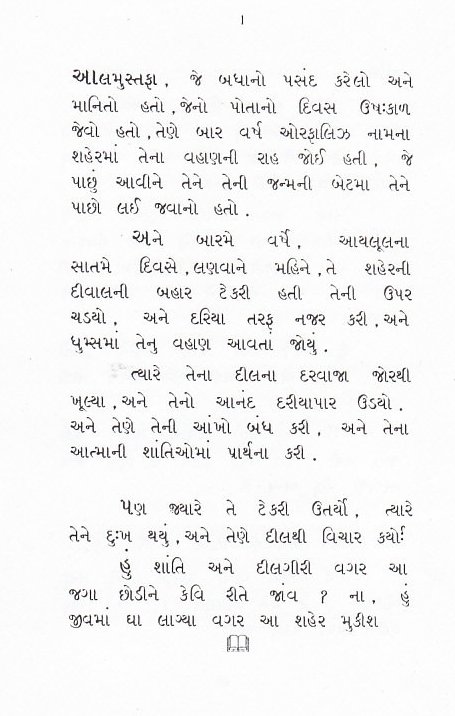
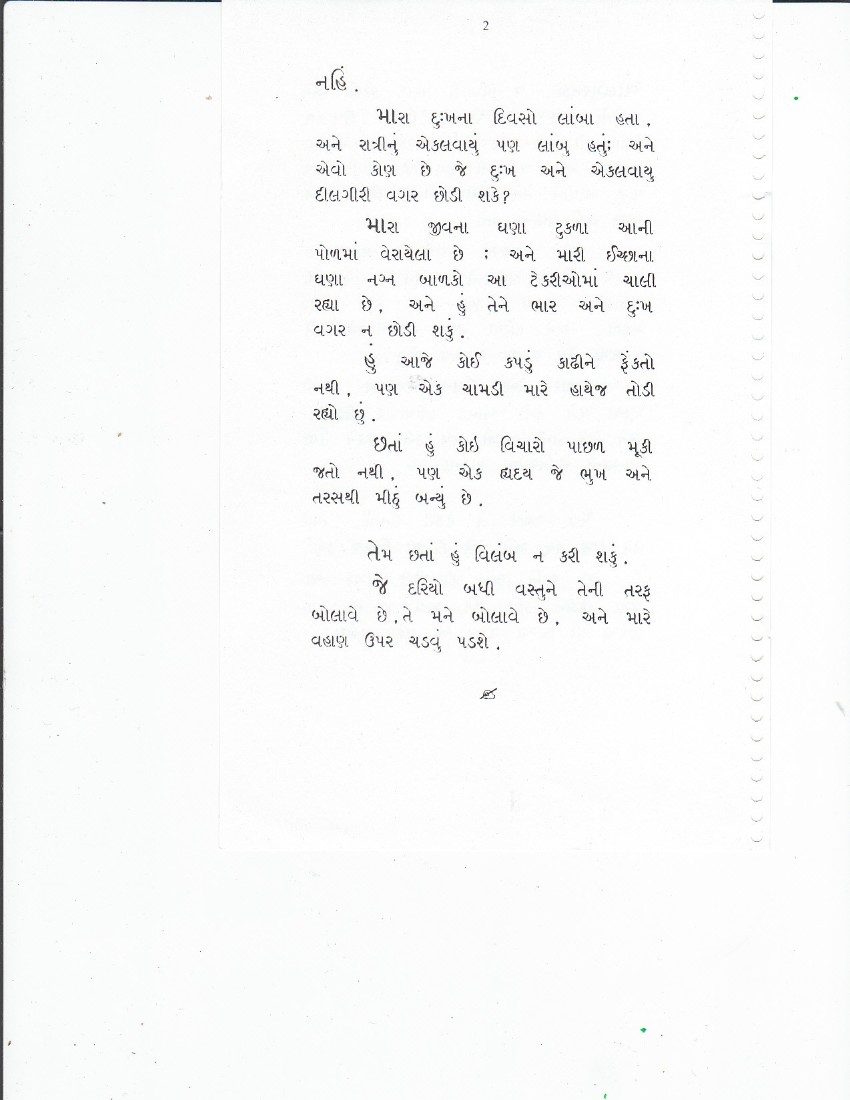
For to stay, though the hours burn in the night is to freeze and crystallize and be bound in a mold.
Fain would I take with me all that is here, but how shall I?
A voice cannot carry the tongue and the lips that gave it wing. Alone must it seek the ether.
And alone without his nest shall the eagle fly across the sun.
Fain would I take all that is here. But how shall I?
A voice cannot carry the tongue and the lips that gave it wings. Alone must it seek the ether.
And alone and without his nest shall the eagle fly across the sun.
Now when he reached the foot of the hill, he turned once again towards the sea and he saw his ship approaching the harbor, and upon her prow, the mariners, the men of his own land.
And his soul cried out to them, and he said,' sons of my ancient mother, you riders of the tides

How often have you sailed in my dreams, and now you come in my awakening, which is my deeper dream.
Ready am I to go, and my eagerness with sails full awaits the wind.
Only another breath will I breathe in this still air, another loving look cast backward,
And then I shall stand among you, a seafarer among seafarers.
And you, vast sea, sleepless mother,
who alone are peace and freedom to the river and the stream,
Only another winding will this stream make, only another murmur in the glade,
And then I shall come among you, a boundless drop to a boundless ocean.
And as he walked, he saw from afar men and women leaving their fields and their vineyards, hastening towards the city gates
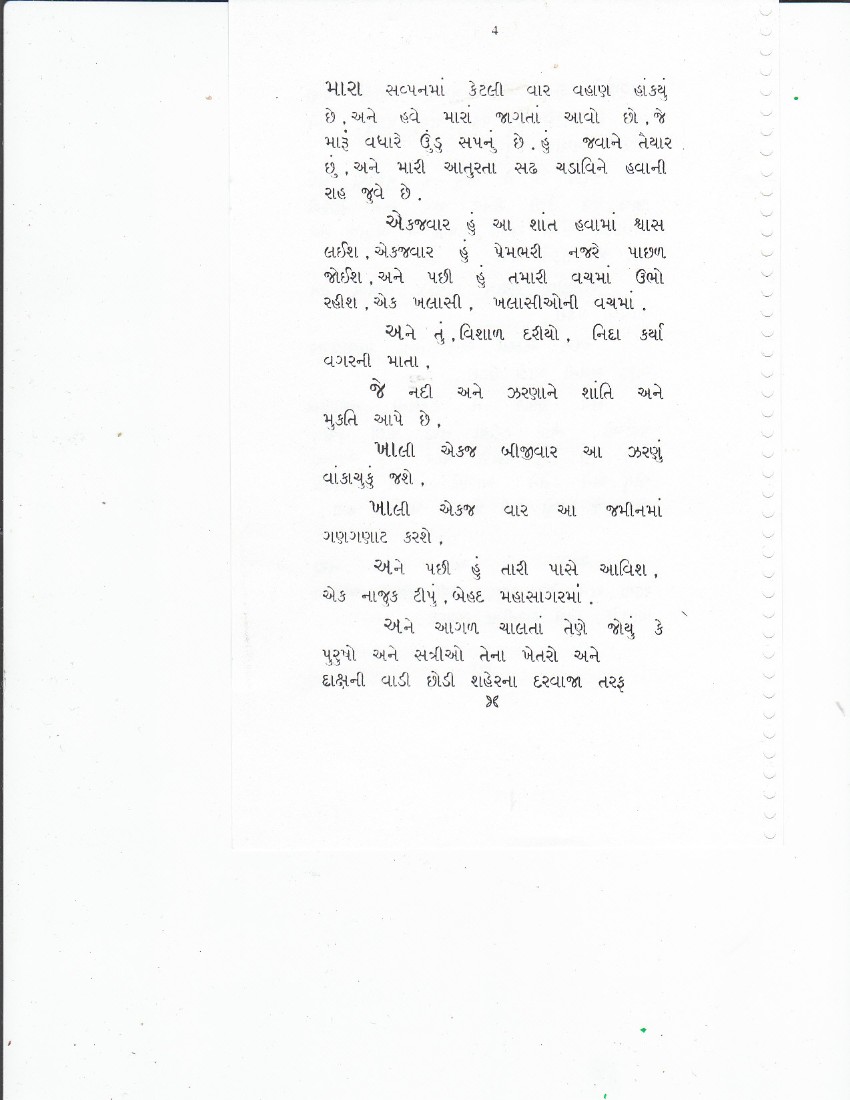
And he heard their voices calling his name, and shouting from field telling one another of the coming of his ship.
And he said to himself:
Shall the day of parting be the day of gathering?
And shall it be said that my eve was in truth my dawn?
And what shall I give to him who has left his plough in midfurrow, or to him who has stopped the wheel of his vine press?
Shall my heart become a tree heavy-laden with fruit that I may gather and give unto them?
And shall my desires flow like a fountain that I may fill their cups?
Am I a harp that the hands of the mighty may touch me, or a flute that his breath may pass through me?

A seeker of silences am I and what treasure have I found in silence that I amy dispense with confidence?
If this is the day of my harvest, in what fields have I sawn the seed, and in what unremembered seasons?
If this indeed is the hour in which I lift my lantern, it is not my flame that shall burn therein,
Empty and dark shall I raise my and lantern
And the guardian of the night shall fill it with oil and he shall light it also.
These things he said in words, but much remained in his heart unsaid, for he himself could not speak his inner secret.
And when he entered into the city, all the people came to him and they were crying out to him with one voice

They were crying out to him as with one voice
And the elders of the city stood forth and said:
Go not yet away from us.
A noontide have you been in our twilight, and your youth has given us dreams to dream.
No stranger are you amongst us, nor a guest, but our son and our dearly beloved,
Suffer not our eyes to hunger for your face.
And the priest and priestess said unto him:
Let not the waves of the sea separate us now, and the years you have spent spent in our midst become a memory
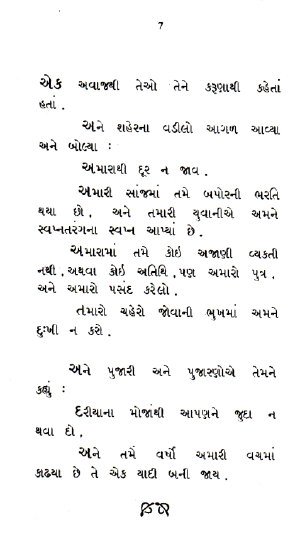
You have walked among us a spirit, and your shadow has been a light on our faces,
Much have we loved you, but speechless was our love, and with veils it has been veiled,
Yet now it cried out unto you and would stand revealed before you.
And ever it has been said that love knows not its own depth until the hour of its separation.
And others came also and entreated him, but he answered them not. He only bent his head and those who stood near saw tears falling upon his chest.
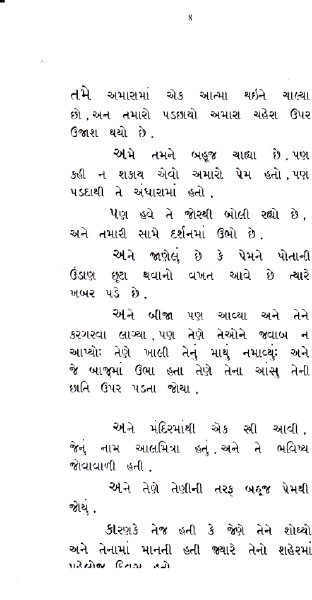
And he and the people proceeded toward the square in front of the temple.
And there came out of the temple, a woman whose name was Almitra, and she was a seeress.
And he looked upon her with exceeding tenderness, for it was she who had first sought and believed in him when he had been but a day in their city.
And she hailed him as saying:
Prophet of God, in quest of the uttermost, long have you searched the distances of your ship,
And now your ship has come and you must needs go.
Deep is your longing for the land of your memories and the swelling place of your greater desires
And our love will not bind you nor our needs hold you
Yet we ask ere you leave us that you speak and give us your truth
And we will give it to our children, and they to their children and it shall not perish
In our aloneness you have watched with our days, and in your wakefulness you have listened to the weeping and the laughter of our sleep.
Now therefore disclose us to ourselves, and tell us all that has been shown you of that which is between life and death.
And he answered- People of Orphales, of what can I speak save that of which is even now moving within your souls?
The said Almitra, speak to us of LOVE.
And he raised his head and looked upon the people, and there fell a stillness upon them, and with a great voice he said:
When love beckons you, follow him, though his ways are hard and steep. And when his wings enfold you, yield to him.
Though the sword hidden within the pinions may wound you.
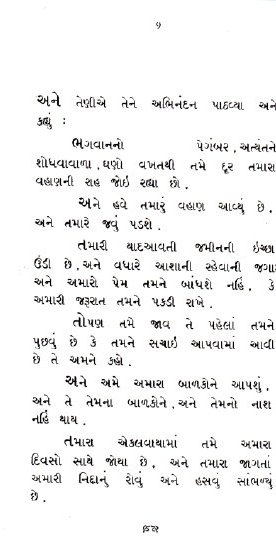
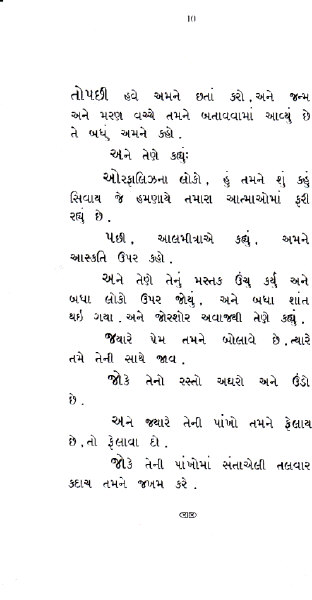
And when he speaks to you, believe in him
Though he may shatter your dreams as the north wind lays waste the garden.
For even as love crowns you so shall he crucify you. Even as he is for your growth so is he for your pruning.
Even as he ascends to your height and caresses your tenderest branches that quiver in the sun
So shall he descend to your roots and shake them In their clinging to the earth.
Like sheaves of corn he gathers you unto himself
He thrashes you to make you naked
He sifts you to free you from your husks
He grinds you to whiteness
He kneads you until you are pliant
And then he assigns you to his sacred fire, that you may become sacred bread for God's secret feast.
All these things he will do unto you that you may know the secrets of your heart, and in that you become a fragment of life's heart
But in your fear, you may only seek love's peace and love's pleasure,
Then it is better you cover your nakedness and pass out of love's thrashing floor
Into the seasonless world where you shall laugh but not all your laughter, and weep but not all your tears
Love gives naught but itself and takes naught from itself
Love posses not nor would it be possessed
For love is sufficient unto love.
When you love, you should not say, God is in my heart but rather
'I am in the heart of God'.
And think not you can direct the course of Love.
If it finds you worthy,it directs your course.
Love has no desire but to fulfill itself,
But if you love and must needs to have desires, let these be your desires
To melt and be like a running brook that sings melody to the night
To know the pain of too much tenderness
To be wounded by your own understanding of love
And to bleed willingly and joyfully...
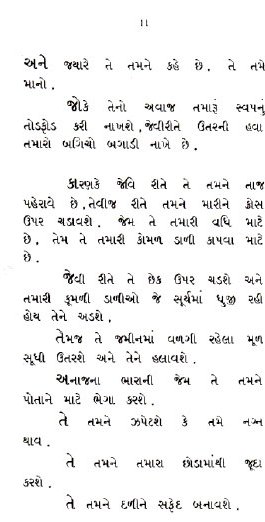
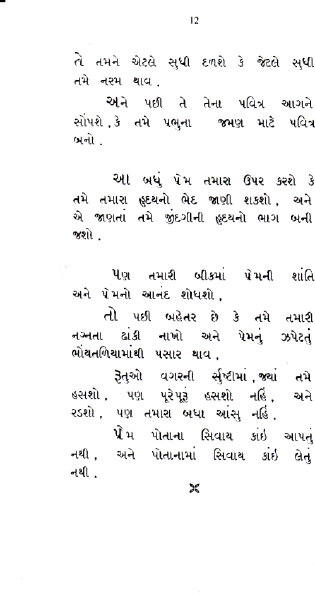
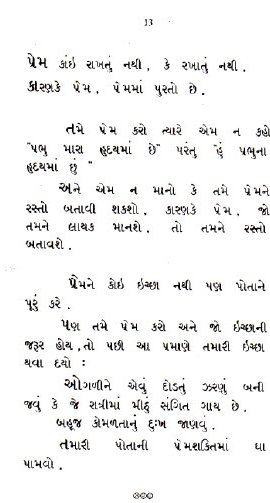
And then Almitra spoke again, and said
And what of Marriage, master.
And he answered saying:
You were born together, and together you shall be forevermore.You shall be together when the white wings of death scatter your days
Aye, you shall be together even in the silent memory of God
But let there be spaces in your togetherness
And let the winds of heaven dance between you
Love one another, but do not make a bond of love
Let it be rather be a moving sea between the souls of your shores
Fill each other's cup, but do not drink from the same cup
Give one another of your bread but eat not from the same loaf
And to bleed willingly and joyfully
To wake at dawn with a winged heart and give thanks for another day of loving
To rest at noon hour and meditate love's ecstacy
To return at eventide with gratitude
And then to sleep with a prayer for your beloved in your heart and a song of praise upon your lips.
Dance and sing together and be joyous, but let each of you be alone
Even as the strings are alone though they quiver with the same music
Give your hearts but not into each other's keeping
For only the hand of Life can contain your hearts
And stand together and yet not too near together
For the pillars of the temple stand apart
And the oak tree and cypress grow not in each other's shadow.
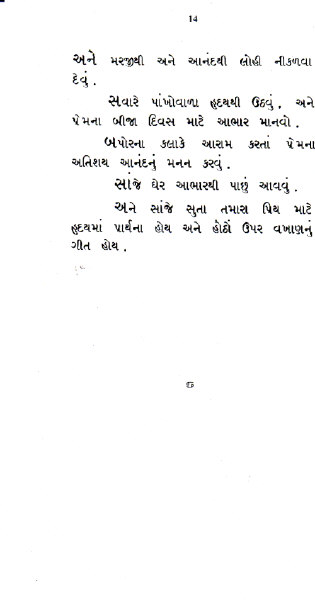
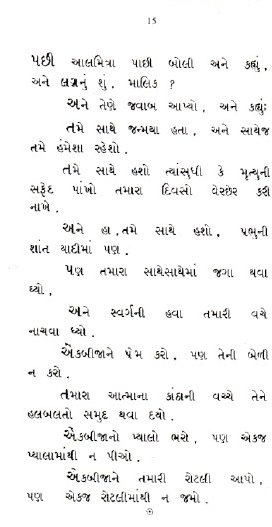
And a woman who held a babe against her bosom said, speak to us of CHILDREN
And he said:
Your children are not your children
They are the sons and daughter's of life's longing for itself
They come through you but not from you
And though they are with you, yet they belong not to you
You may give them your love but not your thoughts
For they have their own thoughts
You may house their bodies but not their souls
For their souls dwell in the house of tomorrow, which you cannot visit, even in your dreams
You may strive to be like them, but seek not to make them like you
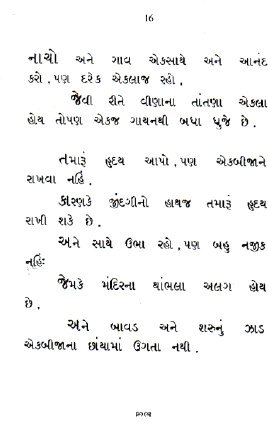
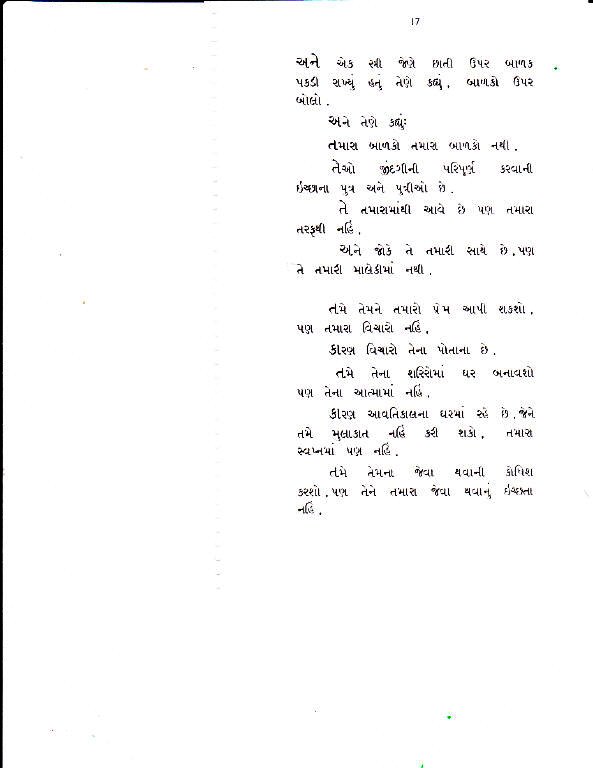
For life goes not backward nor tarries with yesterday.
You are the bow from which children as living arrows is sent forth
The archer sees the mark upon the path of the infinite, and he bends you with his might that his arrows may go swift and far
Let your bending in the archer's hand be for gladness
For as he he loves the arrow that flies, so he loves also the bow that is stable.
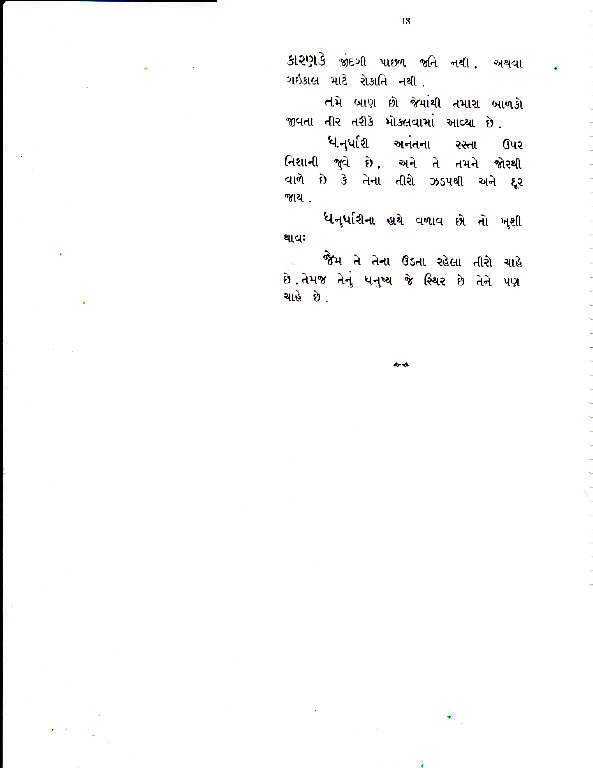
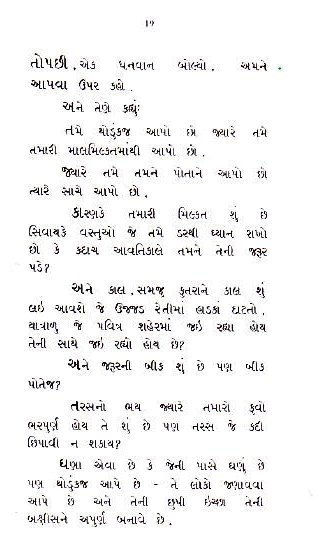
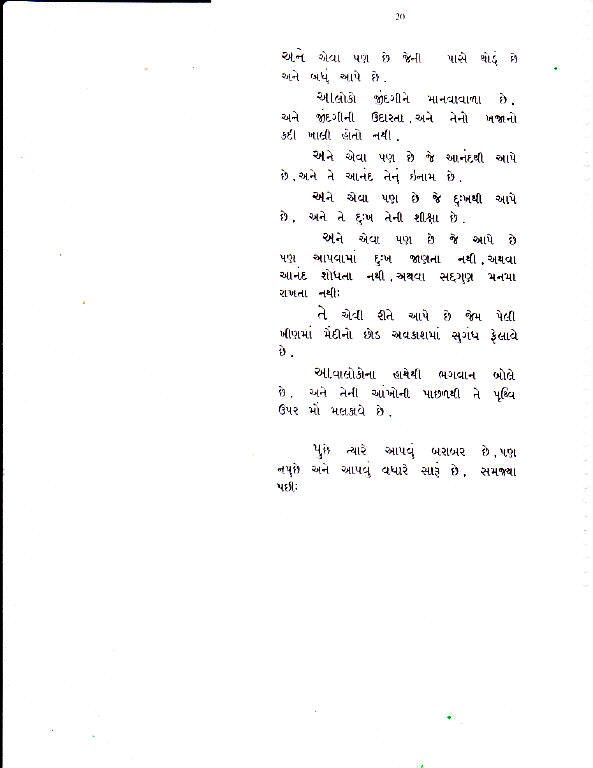
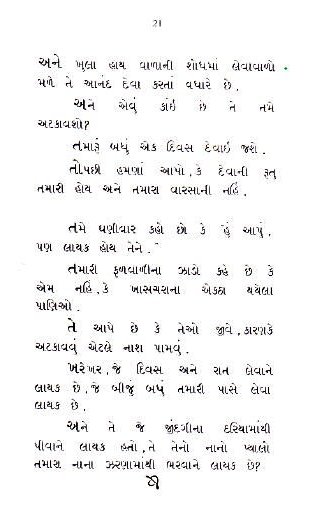
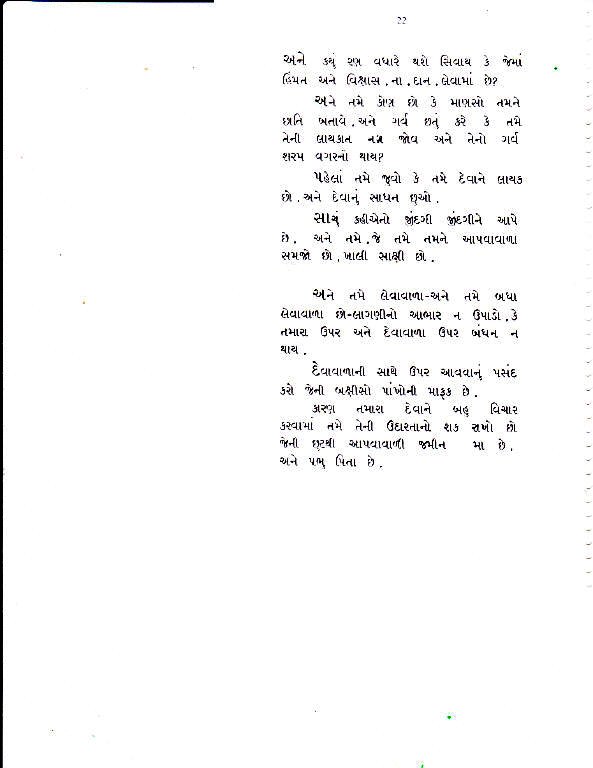

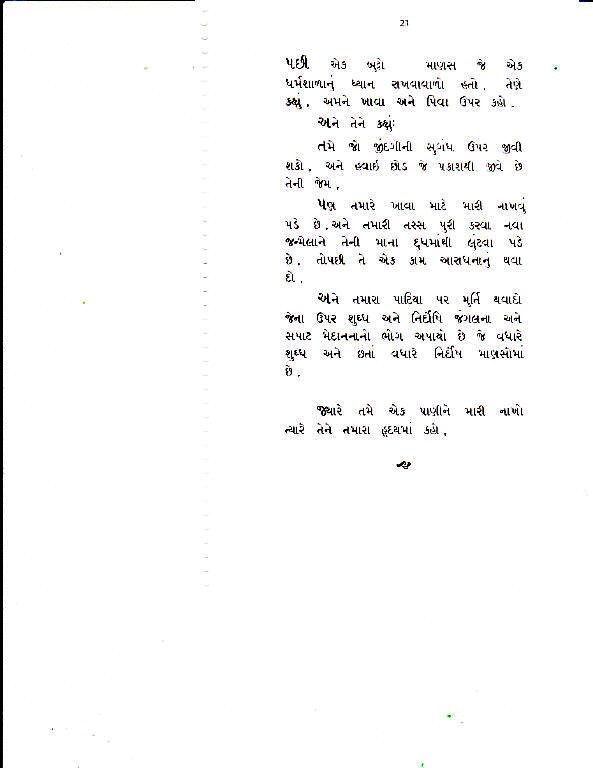
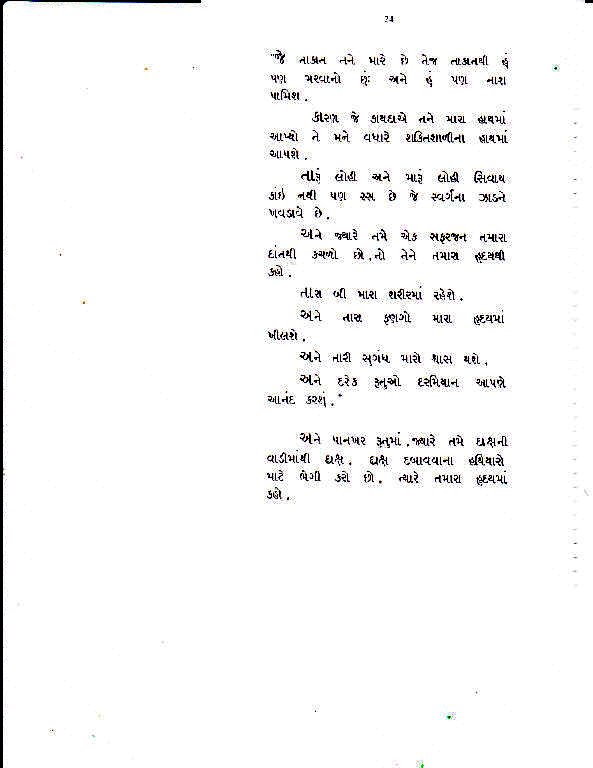
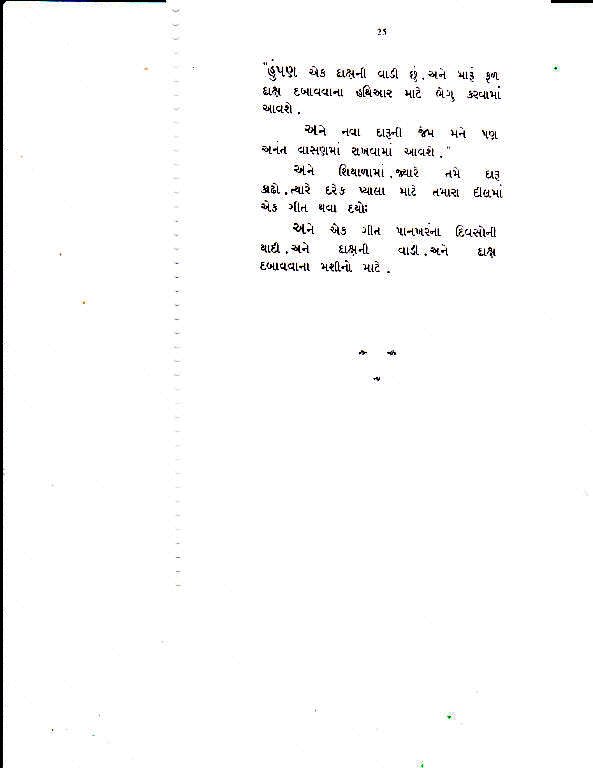
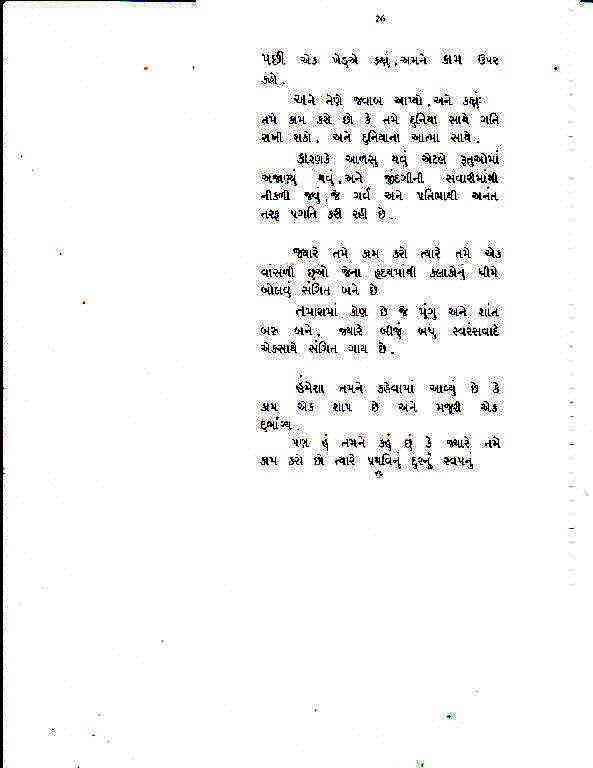
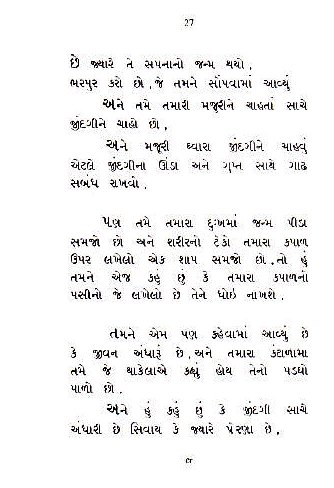
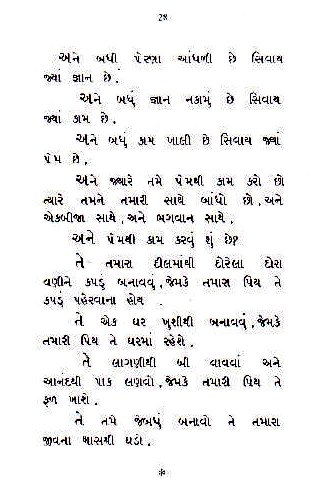
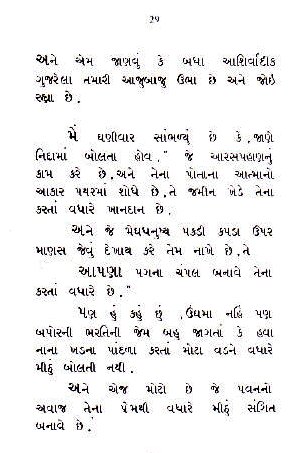
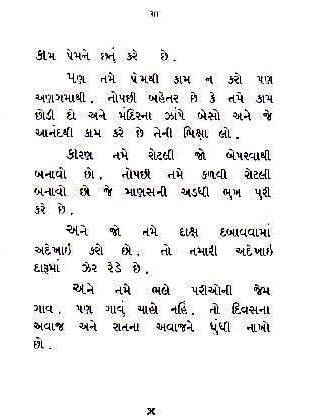
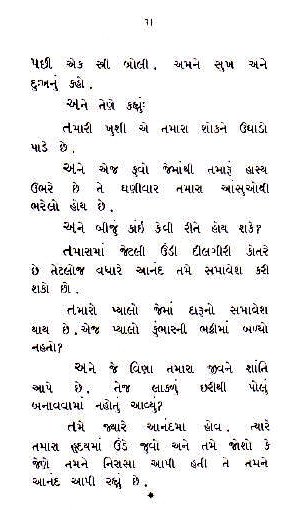
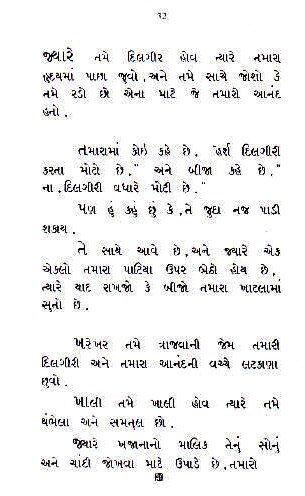

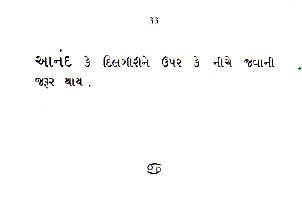






KAHLIL GIBRAN 1883 - 1931 - poet, philosopher, and artist, was born in Lebanon, a land that has produced many prophets. The millions of Arabic- speaking peoples, familiar with his writings in that language consider him the genius of his age. But he was a man whose fame and influence spread far beyond the Near East. His poetry has been translated into more than twenty languages. His drawings and paintings have been exhibited in the great capitals of the world and compared by Auguste Rodin to the work of William Blake. In the United States, which he made his home during the last twenty years of his life, he began to write in English. THE PROPHET and his other books on poetry illustrated with his mystical drawings, are known and loved by innumerable Americans who find in them an expression of the deepest impulses of man's heart and mind.

































































